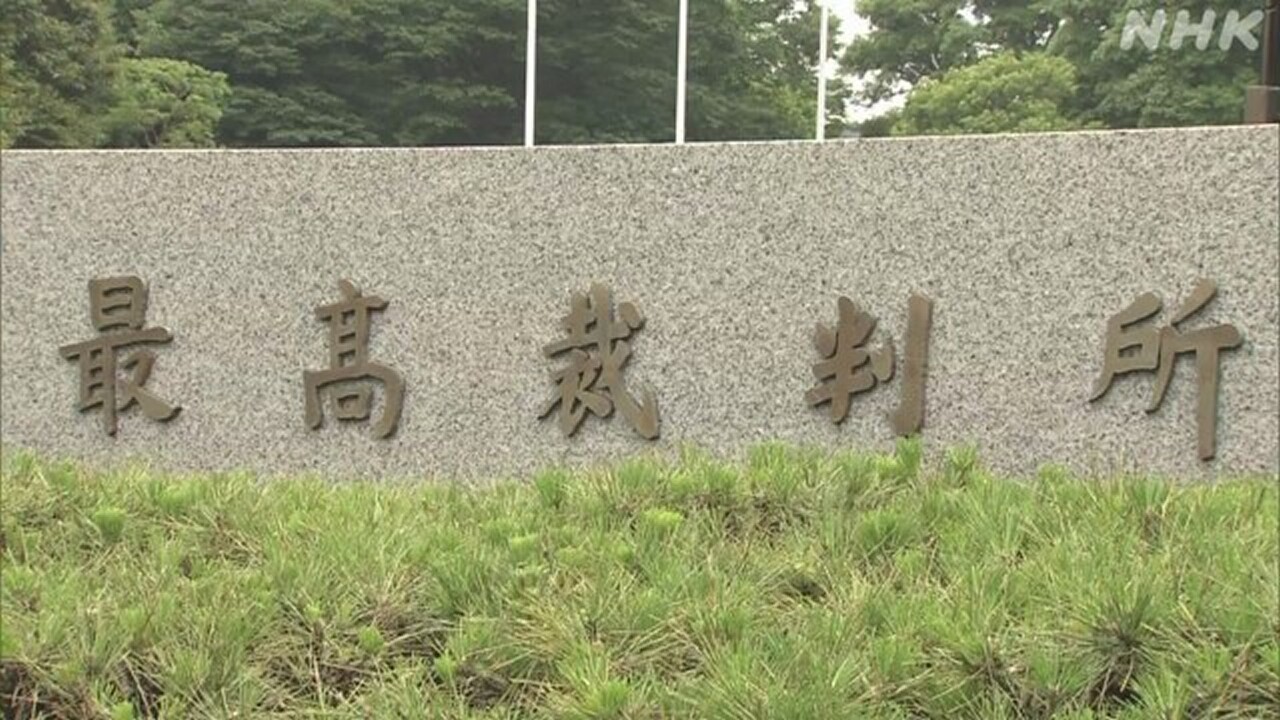The Supreme Court has given a retrial by the 30th for a former death row inmate who died of illness at the age of 89 despite protesting his innocence in the "Nabari Poisoned Wine Incident" in which five women were murdered in Nabari City, Mie Prefecture in 1966. I have decided not to accept it. On the other hand, one of the five judges issued a dissenting opinion saying that a retrial should be started.
63 years ago, in 1963, Katsumoto Okunishi, a death row inmate, was sentenced to death in the ``Nabari Poisoned Wine Incident'' in which five women were killed by pesticides being added to wine at a social gathering in Nabari City, Mie Prefecture. Although he maintained his innocence and continued to request a retrial, he died of pneumonia nine years ago at the age of 89.
After that, his sister filed a request for retrial for the 10th time in total, but the Nagoya High Court rejected the request in March of last year, and the defense team filed a special appeal.
Presiding Judge Yasumasa Nagamine of the Third Petty Bench of the Supreme Court decided to dismiss the special appeal by the 30th and did not approve the request for retrial.
The defense team said, ``As a result of the examination, it was found that the paper called ``sealing paper'' used to seal the spout of wine bottles had a glue of a different composition than that used in the manufacturing process. There is a possibility that the perpetrator reattached the envelope after mixing it with pesticides,'' but Presiding Judge Nagamine said, ``The identification method advocated by the defense team could be used to identify the substance attached to the sealing paper.'' "That in itself is quite difficult. The results of the appraisal have no value as evidence that someone may have mixed in a poisonous substance and glued it back on."
On the other hand, among the five judges, Judge Katsuya Uga, who is an academic, said, ``The expert opinion that the sealing paper contained different glue components is highly reliable, and raises reasonable doubts about the culprit.'' "It raises serious doubts about the credibility of the confession," he said in his dissenting opinion that a retrial should be started.
This is the first time that a Supreme Court judge has issued a dissenting opinion that a retrial should be started after 10 requests for a retrial in the Nabari poisoned wine case.

